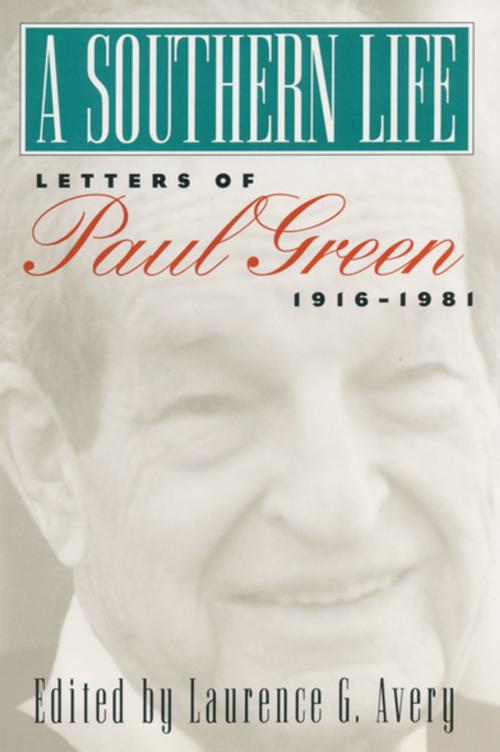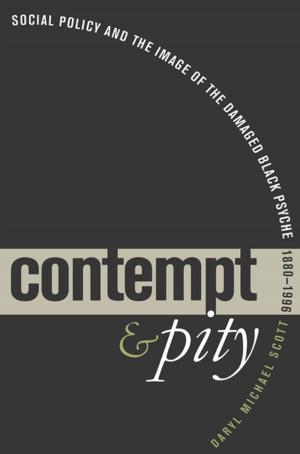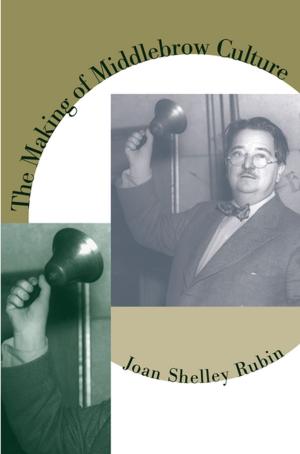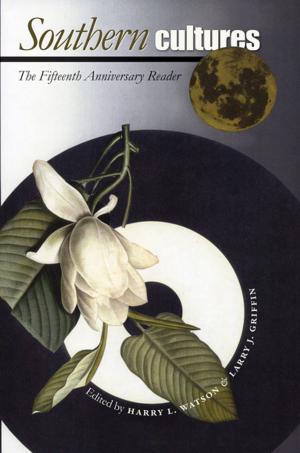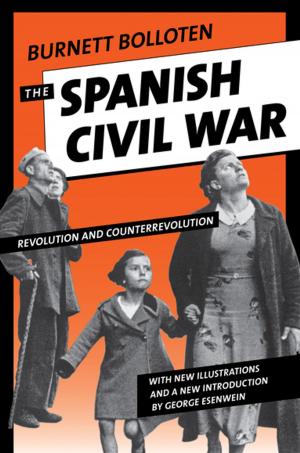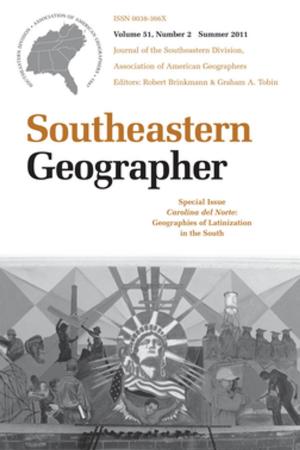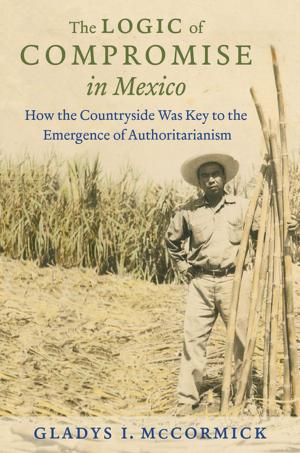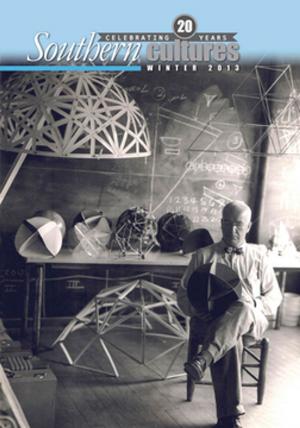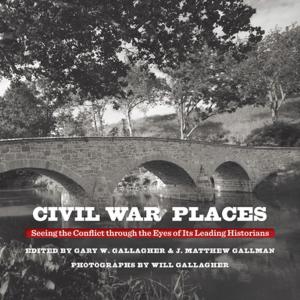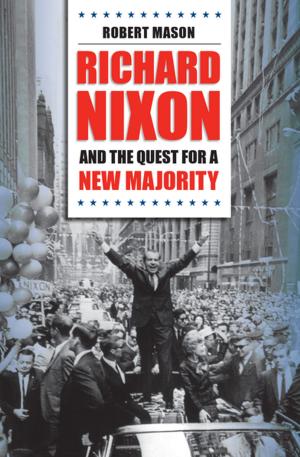| Author: | ISBN: | 9781469619521 | |
| Publisher: | The University of North Carolina Press | Publication: | February 15, 2017 |
| Imprint: | The University of North Carolina Press | Language: | English |
| Author: | |
| ISBN: | 9781469619521 |
| Publisher: | The University of North Carolina Press |
| Publication: | February 15, 2017 |
| Imprint: | The University of North Carolina Press |
| Language: | English |
This exceptional collection provides new insight into the life of North Carolina writer and activist Paul Green (1894-1981), the first southern playwright to attract international acclaim for his socially conscious dramas. Green, who taught philosophy and drama at the University of North Carolina at Chapel Hill, won the Pulitzer Prize in 1927 for In Abraham's Bosom, an authentic drama of black life. Among his other Broadway productions were Native Son and Johnny Johnson. From the 1930s onward, Green created fifteen outdoor historical productions known as symphonic dramas, thereby inventing a distinctly American theater form. These include The Lost Colony (1937), which is still performed today. Laurence Avery has selected and annotated the 329 letters in this volume from over 9,000 existing pieces. The letters, to such figures as Sherwood Anderson, Langston Hughes, Richard Wright, John Dos Passos, Zora Neale Hurston, and others interested in the arts and human rights in the South, are alive with the intellect, buoyant spirit, and sensitivity to the human condition that made Green such an inspiring force in the emerging New South. Avery's introduction and full bibliography of the playwright's works and first productions give readers a context for understanding Green's life and times.
This exceptional collection provides new insight into the life of North Carolina writer and activist Paul Green (1894-1981), the first southern playwright to attract international acclaim for his socially conscious dramas. Green, who taught philosophy and drama at the University of North Carolina at Chapel Hill, won the Pulitzer Prize in 1927 for In Abraham's Bosom, an authentic drama of black life. Among his other Broadway productions were Native Son and Johnny Johnson. From the 1930s onward, Green created fifteen outdoor historical productions known as symphonic dramas, thereby inventing a distinctly American theater form. These include The Lost Colony (1937), which is still performed today. Laurence Avery has selected and annotated the 329 letters in this volume from over 9,000 existing pieces. The letters, to such figures as Sherwood Anderson, Langston Hughes, Richard Wright, John Dos Passos, Zora Neale Hurston, and others interested in the arts and human rights in the South, are alive with the intellect, buoyant spirit, and sensitivity to the human condition that made Green such an inspiring force in the emerging New South. Avery's introduction and full bibliography of the playwright's works and first productions give readers a context for understanding Green's life and times.
